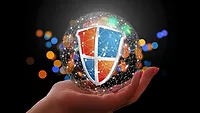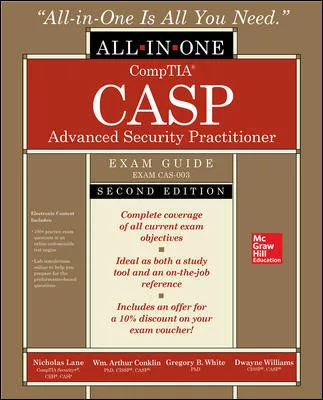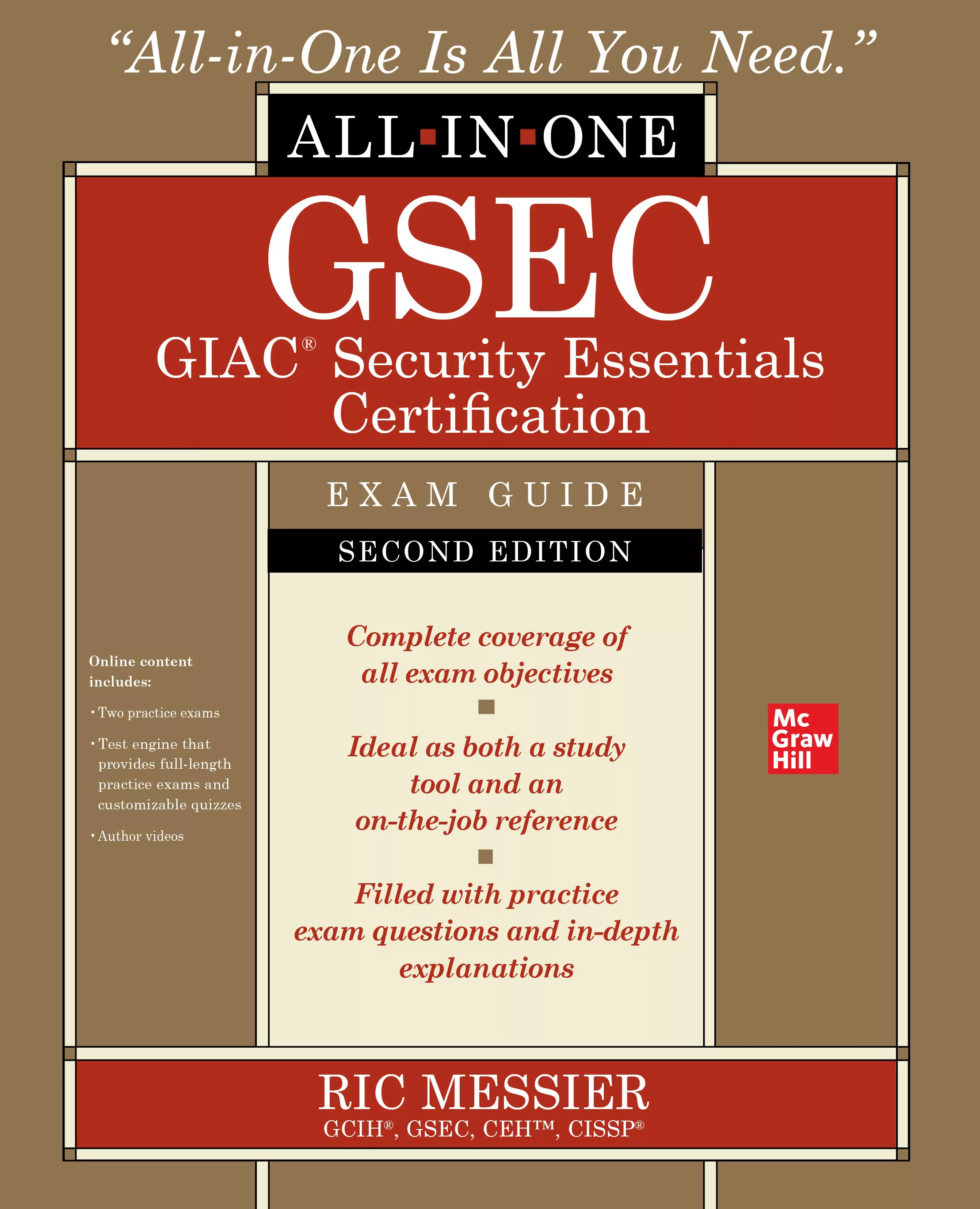Uptick in Nation State Misinformation Campaigns and Cyberattacks on Healthcare Sector

4iQ, an adversary intelligence company, released its COVID-19 Threat Report, which explores a host of notable scams that have surfaced during these uncertain times, including sextortion/blackmail emails, fake news, ransomware and phishing campaigns.
In this report, 4iQ describes trends that have emerged in the wake of COVID-19. Beyond just highlighting notable cyberattacks, the report offers insight into who is committing these cybercrimes, and why. As the globe experiences stark changes affecting people’s lives, it is important to take heightened precautions and be more vigilant of suspicious activity.
"It has been well documented that cyber criminals are exploiting all the fear and uncertainty that comes with COVID-19,” said 4iQ co-founder and CTO Julio Casal. “Of course, the outbreak is impacting our physical sphere, but the risk narrative in cyberspace is alarming, too. This report offers insights into specific cyber threats that are most prevalent at this time, and the effect they have on consumers and businesses worldwide."
Key findings in the report include:
- 4iQ has observed numerous fake news/hoax campaigns that seek to destabilize countries in the international arena, influence the stock market or affect the public’s perception of global governments and/or political parties.
- Hacker groups have targeted entities within the healthcare sector with ransomware campaigns.
- Phishing campaigns continue to make headlines, as cyber criminals send virtual messages masquerading themselves as legitimate organizations targeting hundreds of millions of institutions each day.
- As the majority of the global population has been home seeking alternative methods of communication and entertainment, 4iQ has seen a surge in downloaded social media applications, which has created a lot of traction on underground forums.
- There has been a significant increase in registered suspicious coronavirus-themed domains.
"Although several prominent ransomware groups have pledged to avoid targeting healthcare organizations during this pandemic, other threat actors are still taking full advantage of this situation, from script kiddies to professional and state-sponsored hackers," said Alberto Casares, VP of Threat Research. “Further, when comparing pre-outbreak and post-outbreak, we found a significant rise in the number of threads, items offered for sale, and hacking information related to COVID-19 on deep and dark web forums."
Click here to download the report.
Looking for a reprint of this article?
From high-res PDFs to custom plaques, order your copy today!








